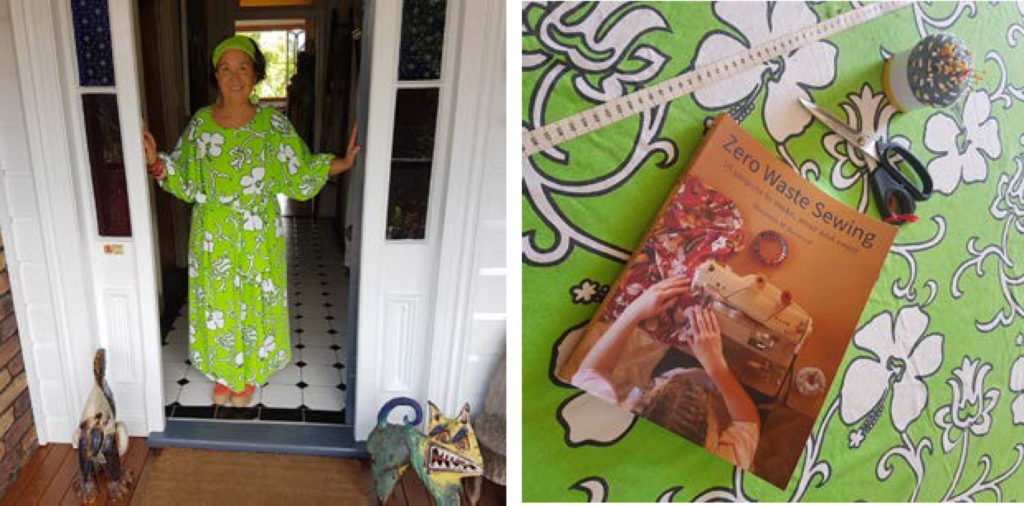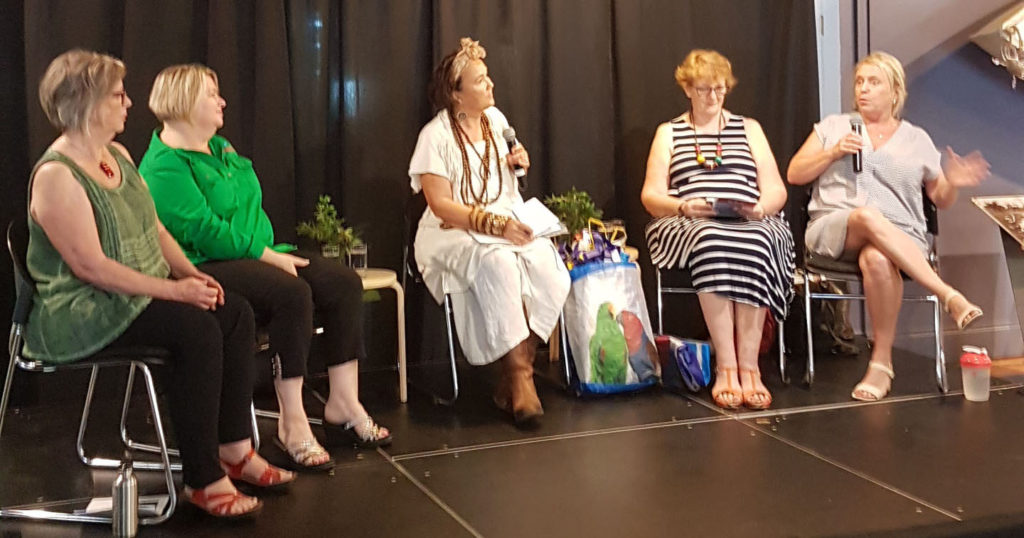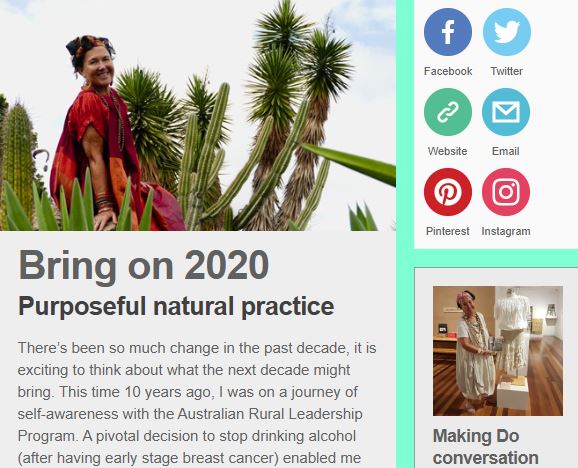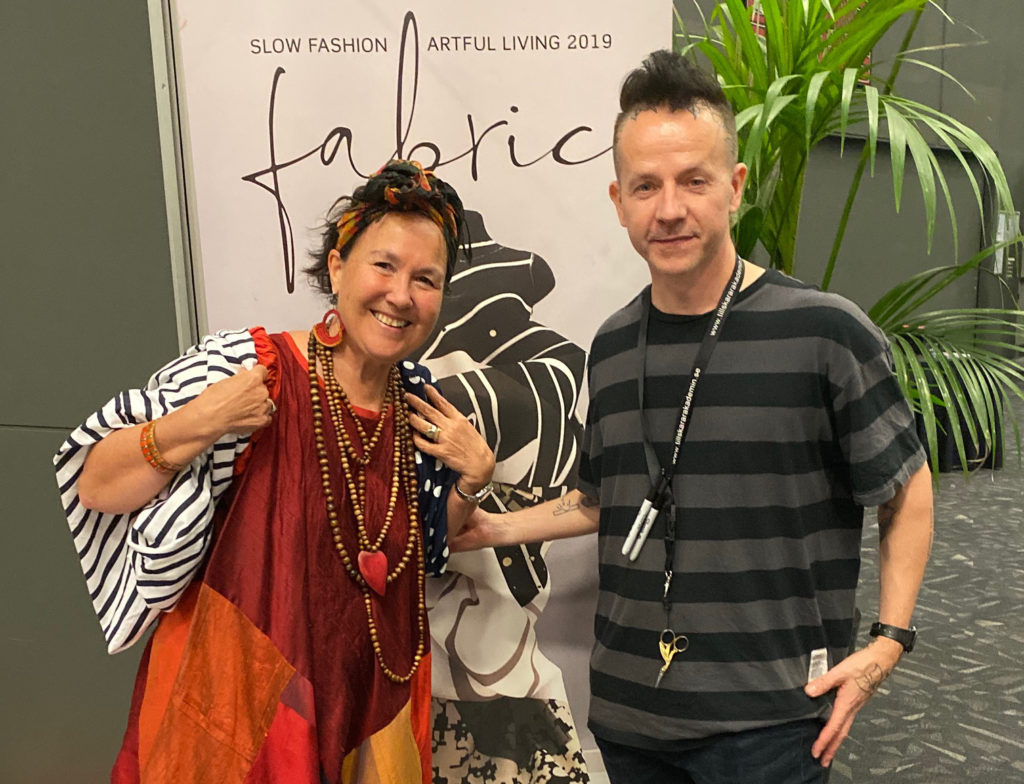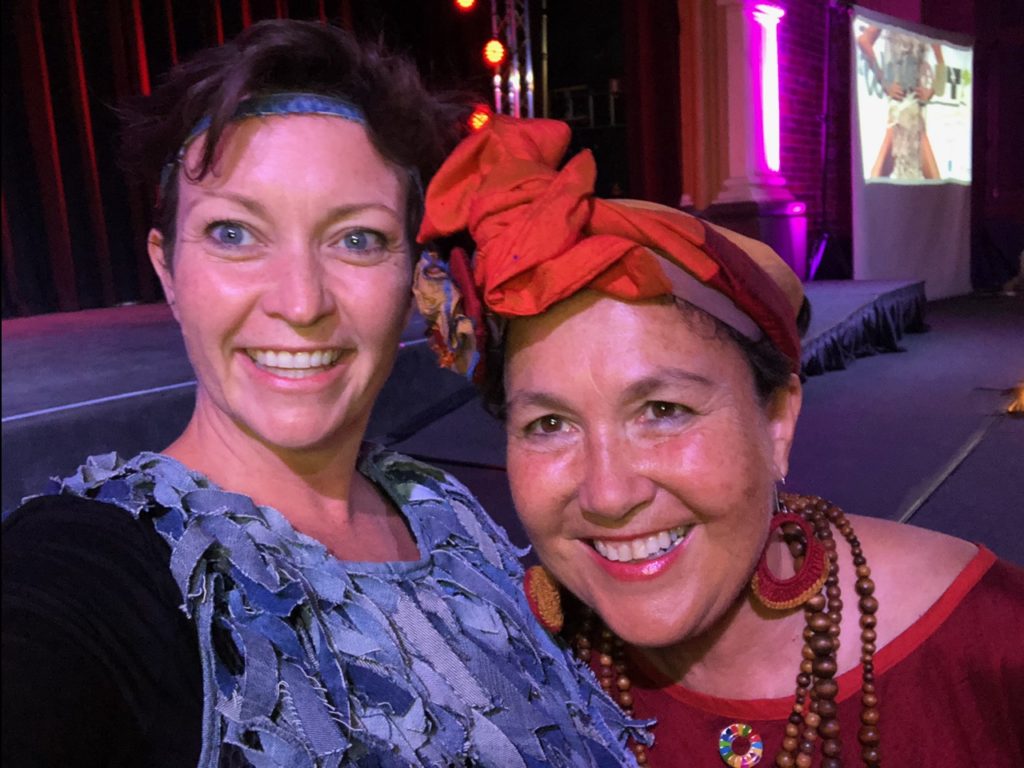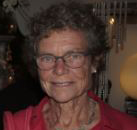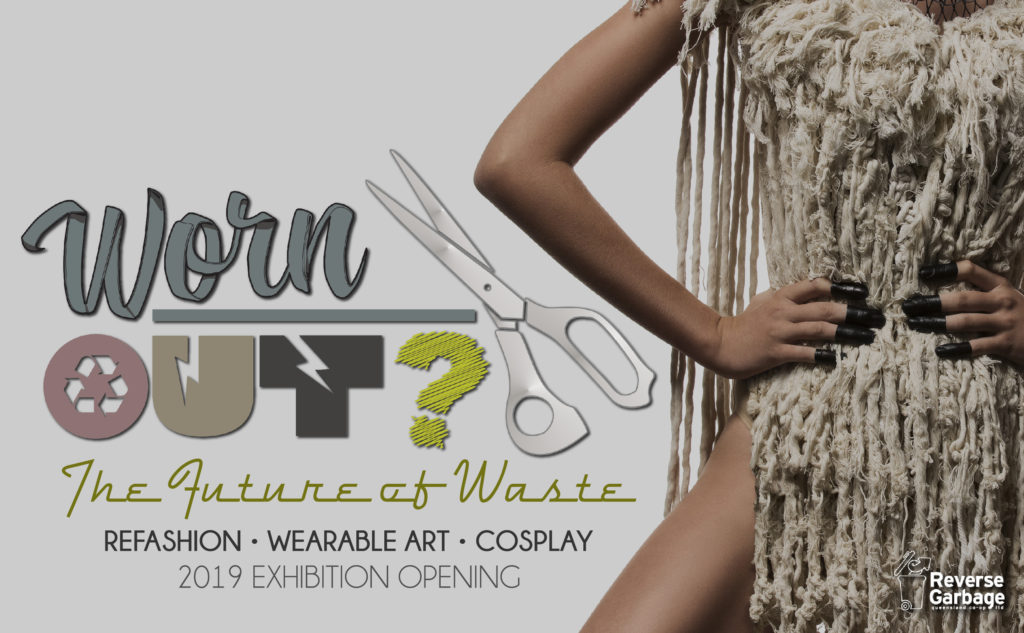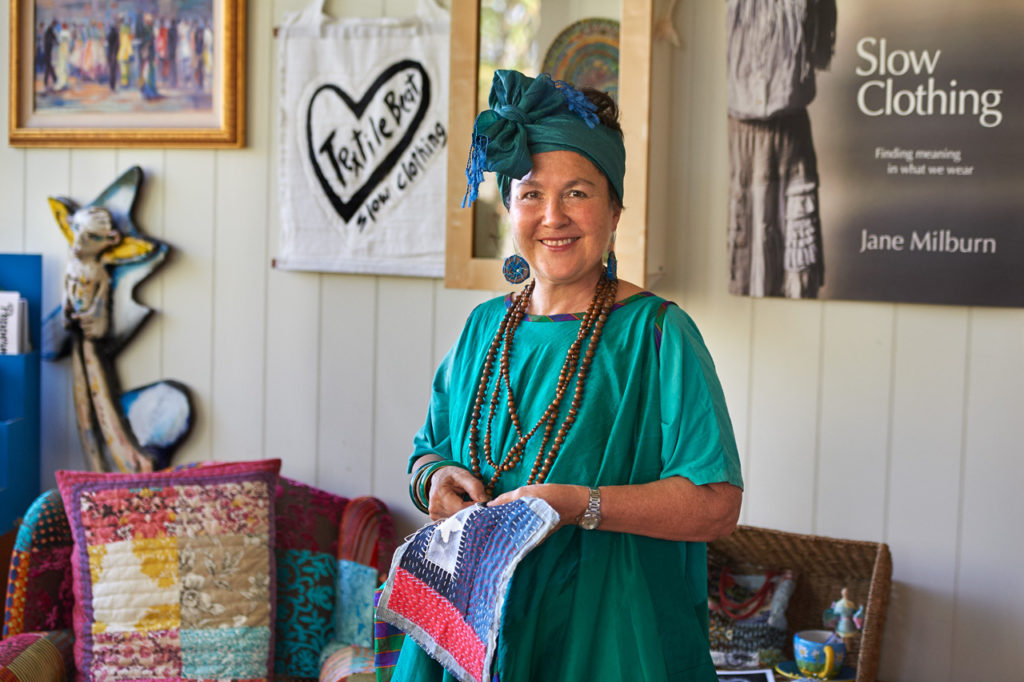As public health authorities and governments scramble to manage the coronavirus pandemic, we humans are sheltering in place, being called upon to stay home, be responsible, resourceful and resilient. The pandemic is profoundly changing the way we live and work, how we consume resources and entertain ourselves – and having dramatic economic, social and cultural impacts. I hope you’re keep safe, sheltering at home, in place, grateful to those on the frontline are doing battle with this threat.

Earlier this month, my long-planned Winston Churchill Fellowship study tour to Japan, the United States, the United Kingdom and Europe was deferred for an indefinite period. I’ve been gardening, upcycling and innovating – and now planning a Virtual Churchill as a short-term substitute for my real-world one. ARISING from Disruption is an emerging series of conversations with entrepreneurial people about self-sufficiency, resourcefulness and adaptation at this time for transformative change. I hope you find some seeds of inspiration and hope from their stories.
